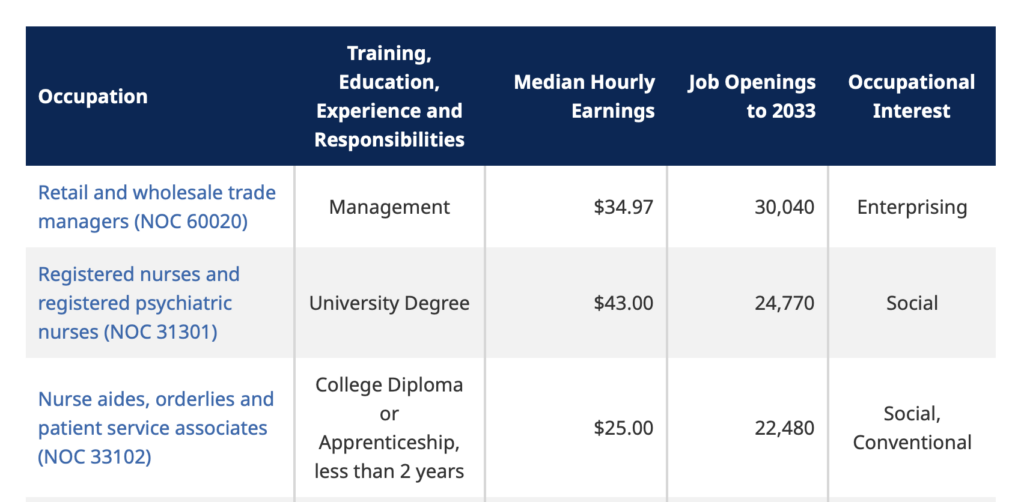The Good the Bad and the Ugly of High Tech High. The below review explores the benefits of innovative inquiry base learning as well as the pitfalls. Ultimately I’m left with the question: what is education for and who gets to decide?
The Good
This film begins by tracing the origins of our current education system, one that was originally designed to train compliant and consistent factory workers in the 19th century. Little about school since then has changed, despite the fact that students today are graduating into a drastically different world.
The film argues that to prepare students for the world today, our education system needs to change. They introduce a new model of education by following High Tech High, and inquiry based school that ditches the normal model of discrete subjects, lectures, and standardized test for one that is cross-curricular and project based. Students work though ideas and projects with direction, but vast autonomy. In lieu of cumulative tests, students put on a showcase of their work for families and community members.
The Bad
One of the most challenging parts of the film was watching a student who was left behind. At High Tech High one class was tasked with creating a turning gear contraption that represented their understanding of how societies rise and fall; a combination physics and humanities course. Two teens started in this part of the film. One as a success story; a girl whose role as theatre director for her peers gave her the chance to grow her confidence. The other star had a different role. His journey was one of learning tough lessons from failure.
Excuse myewhile, for a moment, I take on the role of armchair psychologist. We have a teenage boy. He is full of ideas but is having trouble with putting them into practice. While his peers work on completing tasks for their project, he keeps changing his plan, making it more and more complex and putting off the actual work of building. He spends hours deep in thought designing his vision, stays late to class and works on weekends. As his deadline approaches his teammates get anxious that his plan is not feasible in the timeline they have left. He shrugs this off. As the deadline looms he grows frantic, working even more hours. He seems single minded, yet, his project remains far from complete. Finally, the night of the project showcase arrives. Other children show off their hard work. Our boy is alone. Working. Months later his friends and classmates are on summer break. Our boy is at school, working. Finally, he lays the last piece. He is done. “Why aren’t you excited!?” exclaims his teacher?
Well, I can hazard a guess. The story above paints the picture of a child who struggles with time management and executive function. As someone with ADHD, it is a struggle that I am all too familiar with. Being smart and having the ability to effectively complete tasks are *hehhem* very different. It was truly painful for me to watch this child struggle, literally for months, without any assistance from his teacher or anyone else. The film painted his months of toil as a brilliant way to teach children social skills and resilience. While we can all learn valuable things from failure, I believe there is a limit. Most of us work best when we are challenged beyond our current capabilities, but we can often grow most when our work is guided by mentors, counsellors, or other experts that can provide skills and scaffolding to shore up our most glaring weaknesses. In my mind, learning through doing is a wonderful tool and an important thing to incorporate into schools. However, I believe that it is also helpful to….have help.
The Ugly
This film features repeated commentary from employees of Google and Kahn Academy who speak to their companies hiring practices, and what they are looking for in recruits. The influence of large tech companies is threaded throughout the film. Ted Dintersmith, the creator of the film is a venture capitalist. The film is ultimately focus on an education model that prepares students to enter the technology and innovation sector. But, do we really need all children to be inventors for Big Tech?
When I think of the skills and knowledge most needed in the the world today, I think mostly of our nursing shortage. Looking at the Work BC top high opportunity occupations, retail managers, nurses, and nurse aids are expected to have the largest number of openings between now and 2033.

Top 3 occupations in BC by number of job openings. Screenshot taken from the WorkBC website “High Opportunity Occupations” on September 23, 2024
This leaves me with a question: Who should be directing the future of (public) education? I understand that tech companies want innovators, but are those skills really the most in demand? Most people I know work in health care, education, construction, and the arts, or adminsitration doing practical jobs. I’m unconvinced that it’s either practical or desirable to train a generation of innovators. Obviously we want to prepare children for the world as it is today, and the world as it will be tomorrow. I do think there is a danger in letting the tech sector alone dictate what that is.
Sorry, but comments are not enabled on this site.